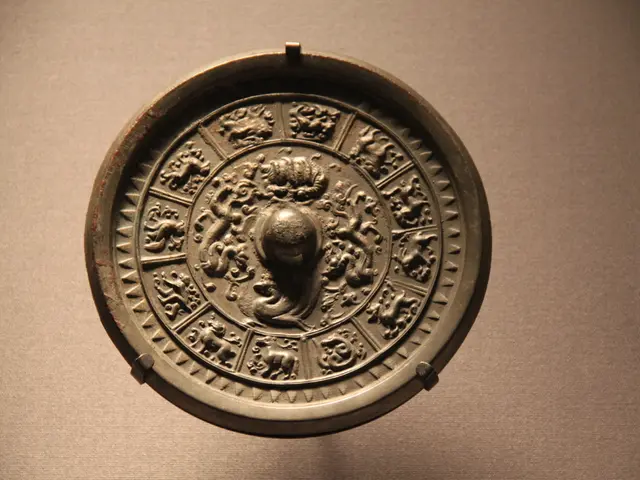"A Homeland Other Than Their Own": Life of 60 Turk-Aksyk Families in Karaganda Region
In the heart of Kazakhstan, the Ahıska Turks maintain a presence as one of its smallest ethnic groups. Forced from their historic homeland in Georgia and Turkey in 1944, these resilient people settled in the Karaganda region in the 90s, leaving their mark on the region and the Kazakh people.
Zarina Safarova, a representative of the Karaganda Ahıska Turkish ethnocultural union, proudly stresses the shared values between their community and the Kazakhstani people. The union puts great emphasis on educating the younger generation, placing priority on learning the Kazakh language, which all Ahıska Turks in the region speak fluently, regarding it as their duty. Moreover, the Kazakh and Turkish languages share many similarities due to their common linguistic roots.
The union operates a Sunday school where children learn about the Kazakhstani culture, language, and history. In fact, young Ahıska Turks have consistently excelled in state language poetry recitation competitions and participated in aitys. Photo: LITER newspaper
Established in 2007, the union does not boast a long history. However, it has made significant strides under the leadership of Ruslan Safarov, its current chairman.
"Kazakhstan has been our only homeland for decades. While some of our ethnicity moved to Turkey during the 90s, the majority of us chose to remain in Kazakhstan," Ruslan Safarov explains. "We visit Turkey for holidays or family visits, but that's all."
Despite their small numbers, the Ahıska Turks continue to preserve a unique culture, passing down traditions and customs from generation to generation. Their main national dishes, such as beshbarmak and kuurdak, have become an integral part of their collective identity. "We have a distinct affinity for Kazakh cuisine and consider it an important part of who we are. We feel deeply Kazakh in spirit because we are a vital part of this nation," expresses Ruslan Safarov.
Samal AHMETOVA, Karaganda
The Ahıska Turks have navigated a tumultuous history of cultural preservation and assimilation pressures. Forced into exile from their Georgian lands, they have settled in various host countries, including Kazakhstan. While adapting to their new surroundings, they have sought to maintain their linguistic heritage, religious identity, and community networks to preserve their culture. However, the dispersal of the community, the dominance of the Kazakh and Russian languages in education, and economic integration have presented challenges. Despite these hurdles, the Ahıska Turks have persisted, showcasing resilience and adaptability in their journey.
- Zarina Safarova, a representative from the Ahıska Turkish ethnocultural union in Karaganda, advocates for the importance of learning the Kazakh language, which is fluently spoken by all Ahıska Turks in the region.
- The Ahıska Turks, despite being a resettled ethnic group, have made significant contributions to the region and Kazakhstani culture.
- In line with the cultural exchange, young Ahıska Turks have excelled in state language poetry recitation competitions and actively participated in aitys, showcasing their integration into the Kazakhstani lifestyle.
- The Ahıska Turks hold their traditional dishes, such as beshbarmak and kuurdak, in high regard, considering them an integral part of their identities and their continued connection to their heritage within their new home in Kazakhstan.







